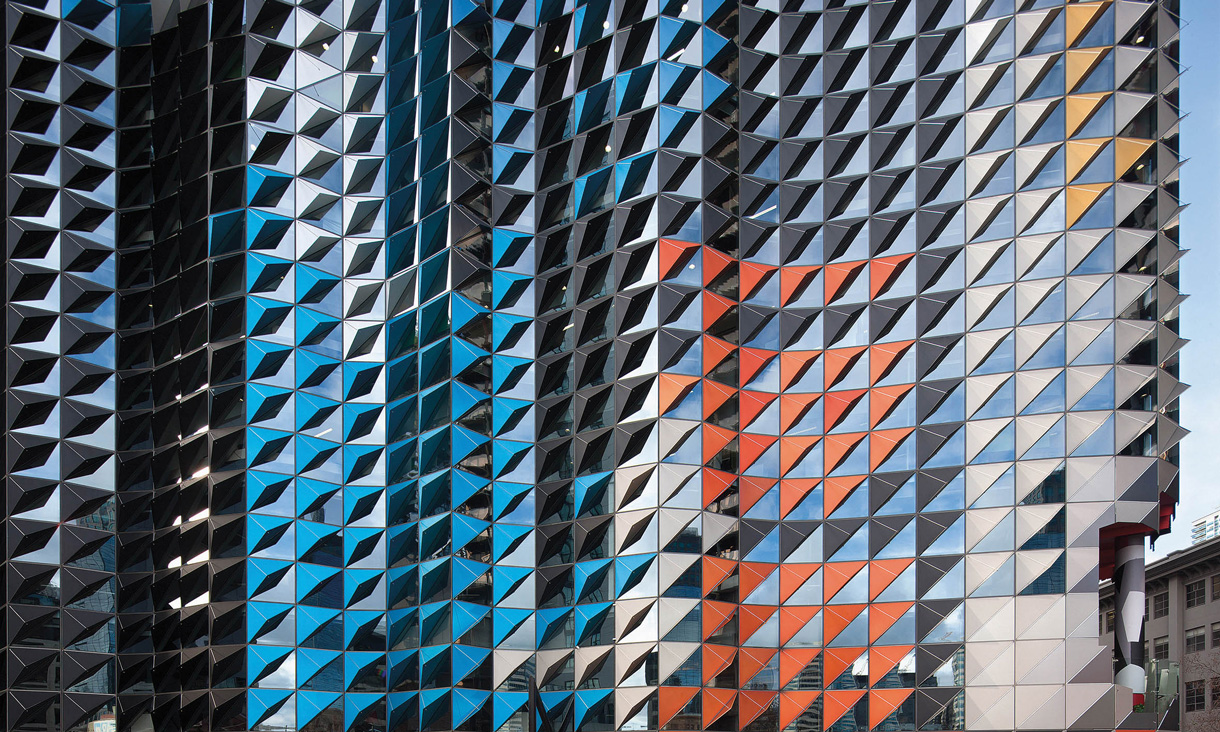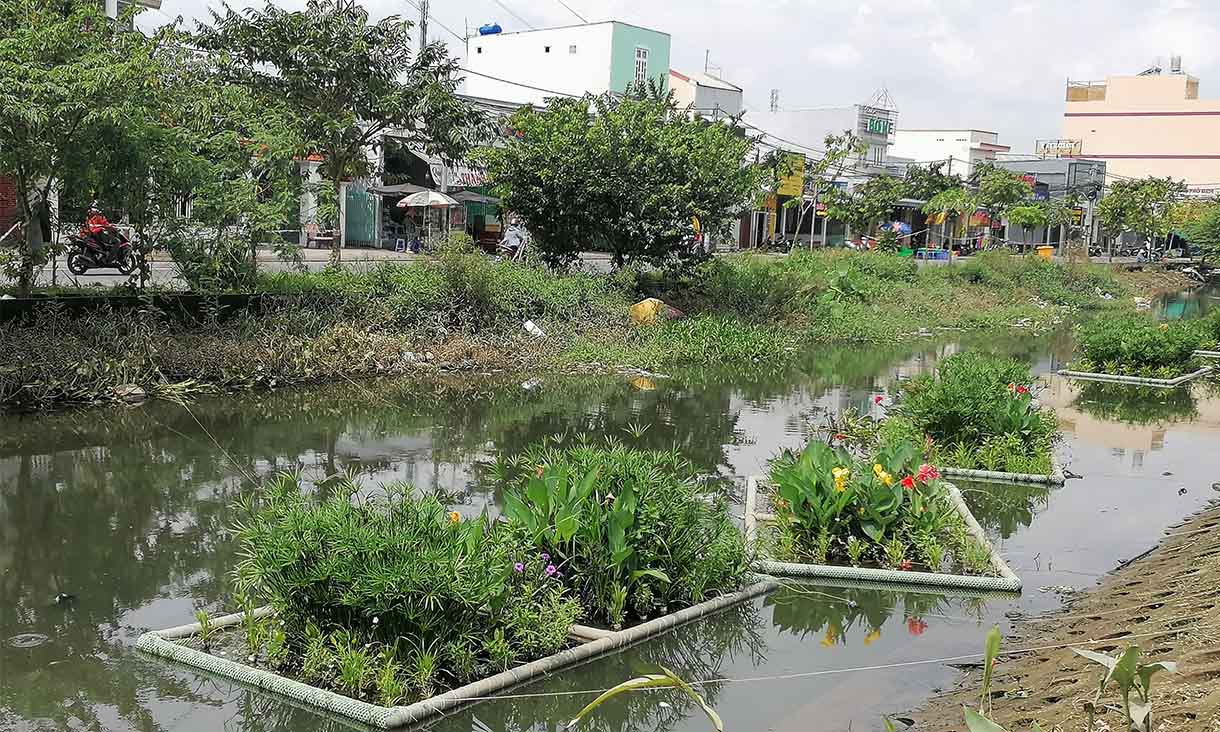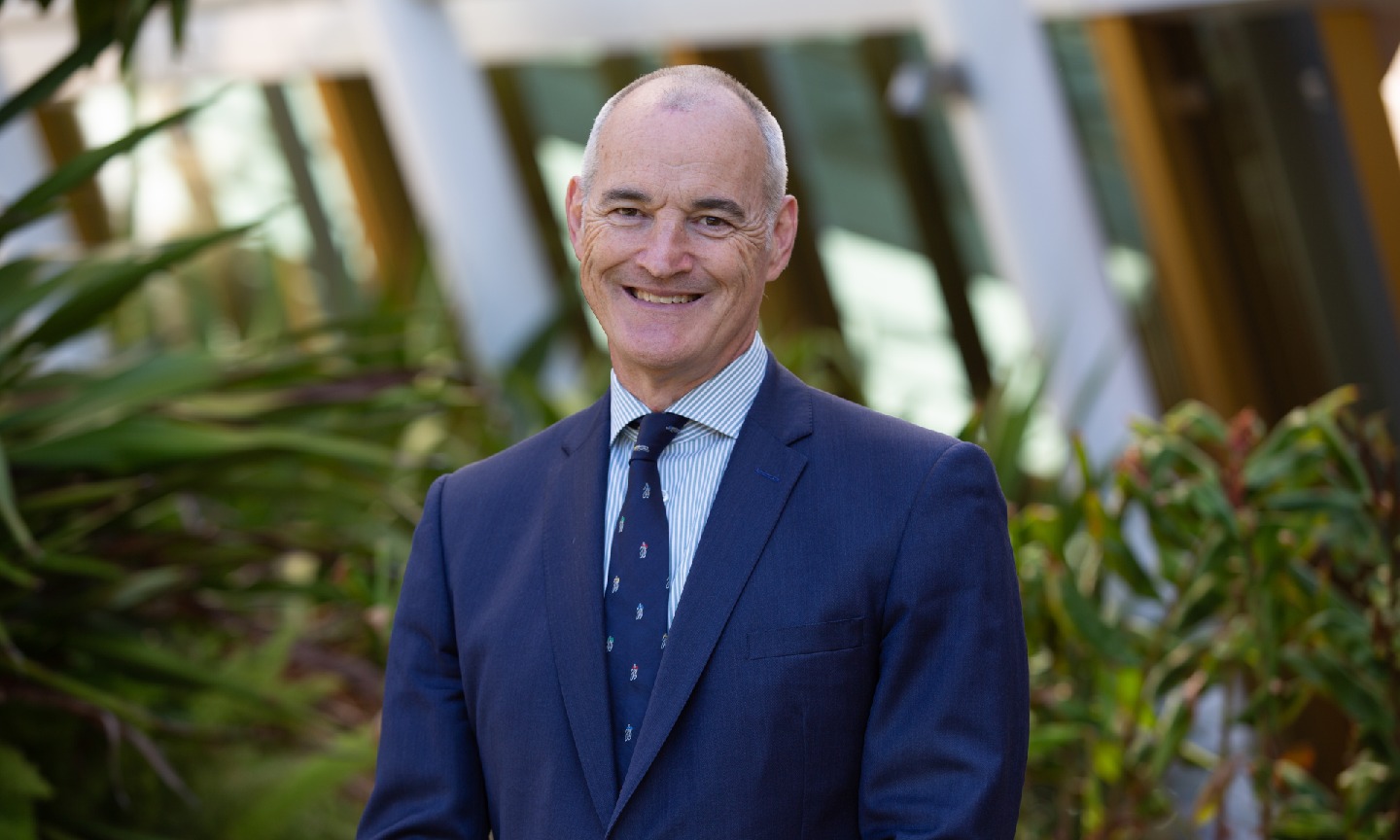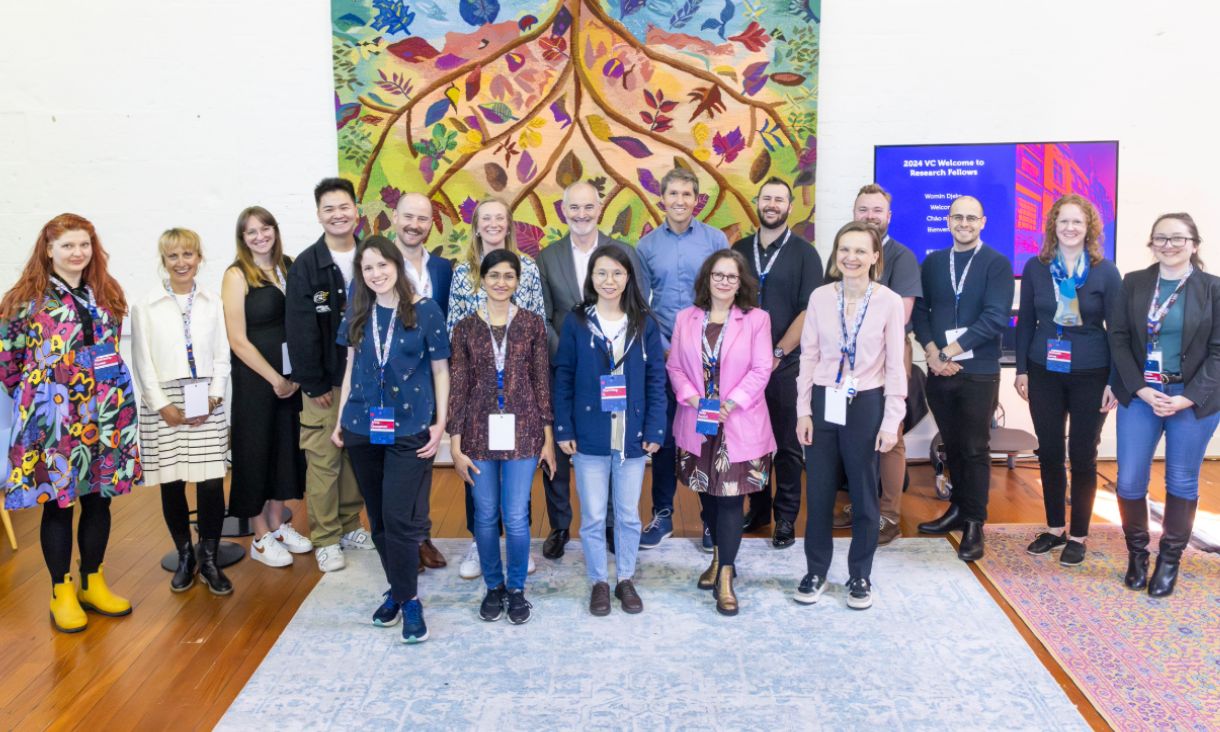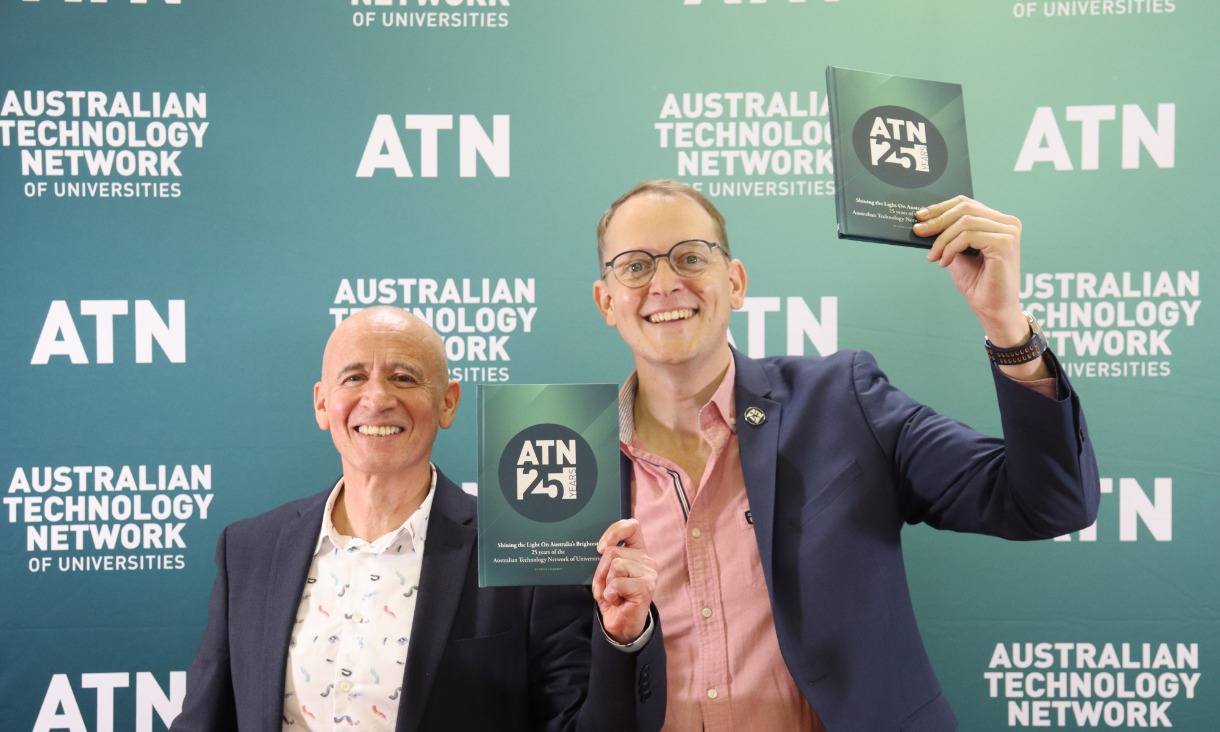Times Higher Education ranks RMIT 22nd globally for interdisciplinary research
RMIT has ranked 22nd globally out of 749 research-intensive universities worldwide in Times Higher Education’s inaugural Interdisciplinary Science Rankings.
RMIT welcomes its newest Vice-Chancellor's Research Fellows
This year’s Vice-Chancellor Research Fellows (VCRF) in the College of Design and Social Context and STEM College are set to play a pivotal role in advancing the University’s strategic priorities, contributing to cutting-edge developments across various disciplines.
RMIT research agenda drives THE ranking success
RMIT improved two places to rank equal 14 in Australia in the latest Times Higher Education (THE) World University Rankings (WUR) and also maintained its rank in the 251-300 band globally.
ATN Universities - 25 years of trusted leadership
This year, the Australian Technology Network of Universities (ATN) celebrates a significant milestone: 25 years of trusted sectoral leadership and sustained, impactful advocacy.
